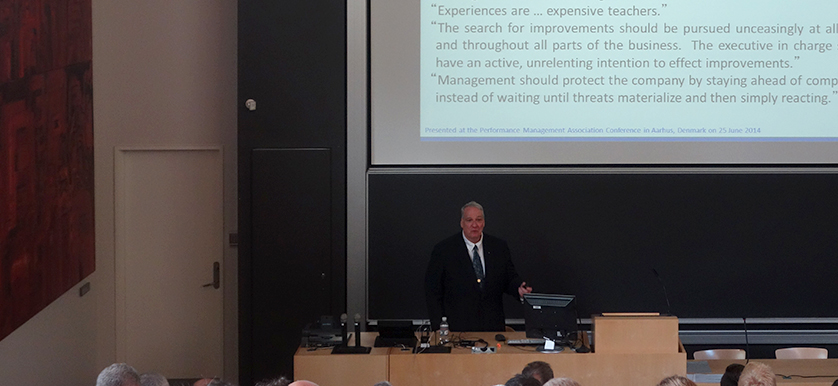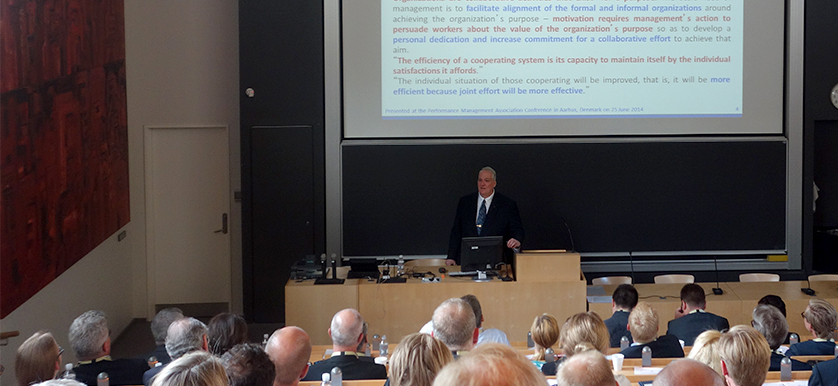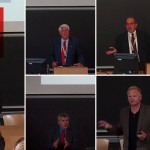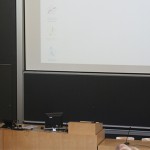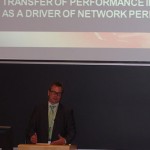Gregory Watson on Relevance and Responsibility. Insights from PMA 2014 Conference
The presentation “Relevance and Responsibility: Obligatory Components in Commercial Innovation” was held by Dr. Gregory Watson, Chairman at Business Excellence Solutions, Finland. His research study is comprised of a historical analysis of the past 20 years of evolution in the innovation field, along with different efficiency principles.
When it comes to efficiency, Watson’s research reveals two different categories, depending on the type of waste they help in reducing:
- Little “e” efficiency: an operational improvement in speed by focusing on increasing quality. It targets the resources, time spent and increasing the productive output of each team;
- Big “e” efficiency: the collaboration between formal and informal groups for improving the outcomes. Its focus is on balancing the resources based on needs, on working smarter and increasing the coordinated productivity of the entire organization.
Another key point of the presentation is the difference between organizational Growth (a change in size, which only adds “more of the same”) and Development (a change in capability).
Watson’s research also included three different approaches to waste management:
- Muda: Waste that is not useful or productive (non-value-added tasks, both essential and easy to eliminate);
- Mura: Waste that is uneven or inconsistent (variations in a process that is not caused by customers);
- Muri: Waste that is unreasonable or irrational (leadership-induced waste).
Dr. Gregory Watson emphasized that designing processes based on the so-called “Theory O” often lead to chaos. The “Theory Opinion” represents a belief that comes from previous experience, unsupported by data and presented as a statement.
Regarding waste management, efficiency, effectiveness and ultimately, performance, the question that Gregory Watson proposes to be asked to all CEOs is: Do you want to be an AVERAGE company?

Tags: Performance Management, PMA 2014 Conference
